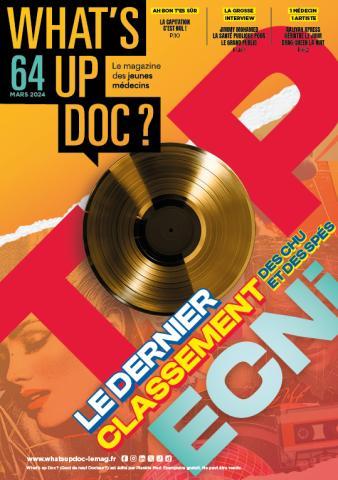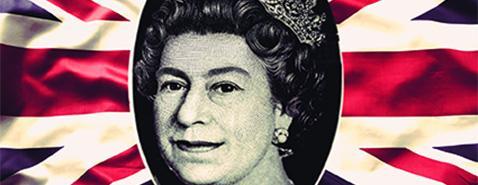Dr. Cox: Can you tell me what happened?
Passerby: Well, I was walking along the tow path here and I saw this lady come out of the cabin on her houseboat. I said, good morning, and she looked at me and then just collapsed onto the deck. I noticed that she was pregnant, so, I immediately called the ambulance service.
Dr. Cox: Did you notice if she had a seizure or not?
Passerby: I’m not sure, but I don’t think so; she just seemed to faint.
Dr. Cox: Thanks for your help and for calling 999. Mrs. Chambers, my name is Dr. Cox – how are you feeling now?
Mrs. Chambers: I’m not feeling too well – I’ve got an awful throbbing headache.
Dr. Cox: What happened?
Mrs. Chambers: Well, I was having lunch, and I started feeling a bit drowsy, so I came up on deck to get some fresh air, and I must have fainted, and when I came to, I had this headache.
Dr. Cox: Has this ever happened to you before?
Mrs. Chambers: No, never. I’ve never been ill in my life except for a few childhood infections when I was growing up in Myanmar.
Dr. Cox: Did you have anything to drink with your lunch, any wine, or beer?
Mrs. Chambers: No, of course not; I’m five months pregnant and in any case I’ve never drunk alcohol, or smoked for that matter.
Dr. Cox: And did you have a good breakfast?
Mrs. Chambers: Yes, the usual, some fruit juice, a bowl of cereal and toast and marmalade.
Dr. Cox: Right – Can you just open your mouth; I’d just like to see if you bit your tongue. You may have had a fit, you see? No, no bleeding, no lesions, but your complexion is a little bit red.
Let me just check your pulse and blood pressure. O.K. they’re fine, breathing’s normal.
What about the baby – can you feel it moving as usual?
Mrs. Chambers: No, In fact no, he’s not moving as much as he usually does. I hope he’s OK.
Dr. Cox: Let me just listen. Right, we’d better get you to hospital – his heart rate is quite low – it’s only 60 beats a minute – that’s half of what it should be.
At the hospital, the A&E Department:
Dr. Barr: Mrs. Chambers – you’ve got carbon monoxide poisoning - must be a faulty gas boiler on the houseboat. We’ve got to give you oxygen therapy and get you into a hyperbaric chamber for the baby. You’ve been very fortunate. Luckily, you decided to get out of the cabin before you lost consciousness.
We’ll have to alert the fire department, so that they can clear the carbon monoxide out of the cabin.
Mrs. Chambers: And what about my baby.
Dr. Barr: He should be OK; his heart rate is already improving.
________________________________________________________________
Exercise. Find in the text a word or expression (in bold) equivalent to the words or expressions below:
- Become unconscious
- Becoming an adult
- Cardiac rhythm
- Convulsions
- Defective
- Eliminate
- Emergency service
- Expecting a baby
- Fall suddenly
- Floor of a boat
- Get better
- Haemorrhage
- Have convulsions
- Intoxication
- Lucky
- Movable organ in the mouth
- Pass out
- Pulsating
- Regain consciousness
- Should
- Skin colour
- Sleepy
- Terrible
- Track along a canal
- When you are a child
- Wound with the teeth
____________________________________________________
- lose consciousness (= perdre connaissance)
- growing up (= grandir)
- heart rate (= fréquence cardiaque)
- seizure (= convulsions)
- faulty (= défectueux)
- clear … out of (= éliminer)
- ambulance service (= SMUR)
- pregnant (= enceinte)
- collapse (= s’effondrer)
- deck (= pont)
- improve (= s’améliorer)
- bleeding (= hémorragie)
- have a fit (= faire une crise d’épilepsie)
- poisoning (= intoxication)
- fortunate (= chanceux)
- tongue (= langue)
- faint (= s’évanouir)
- throbbing (= pulsatile)
- come to (= revenir à soi)
- we’d better (= nous ferions mieux de)
- complexion (= teint)
- drowsy (= somnolent)
- awful (= terrible)
- tow path (= chemin de halage)
- childhood (= enfance)
- bite (= mordre)



